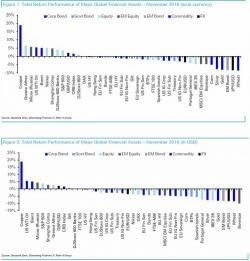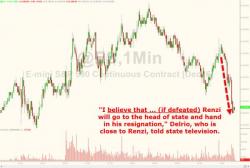John Pilger Raises a Question: Has There Ever Been a Government More Evil Than Washington?
John Pilger Raises a Question: Has There Ever Been a Government More Evil Than Washington?
The Coming War on China by John Pilger
http://www.counterpunch.org/2016/12/02/the-coming-war-on-china/
Years ago when I was staff associate, House Defense Appropriations Subcommittee, a tutorial was provided on the destructive power of the Soviet ICBM SS-18, known as Satan. Employing hyperbole, the lecturer said that one SS-18 on Washington would kill everone from Boston to Atlanta.


